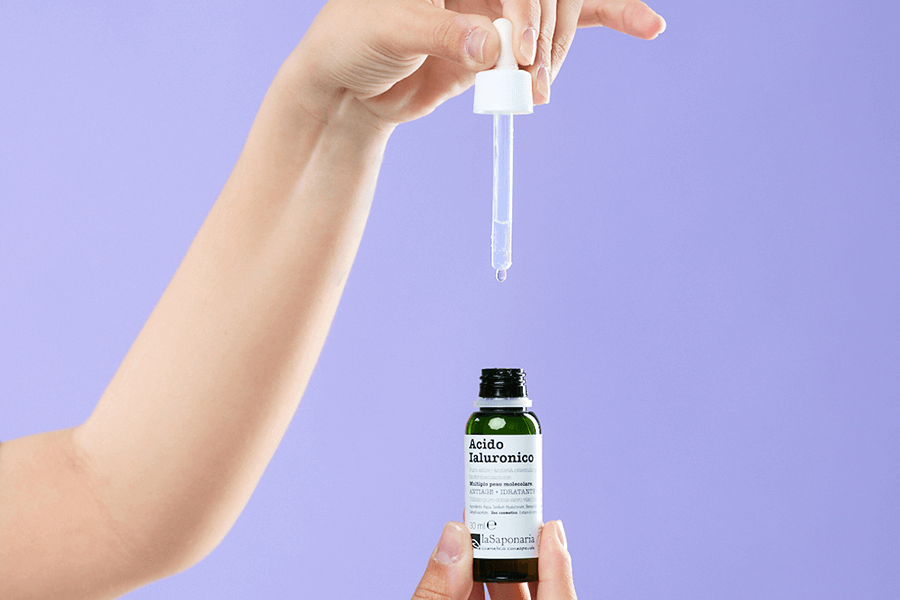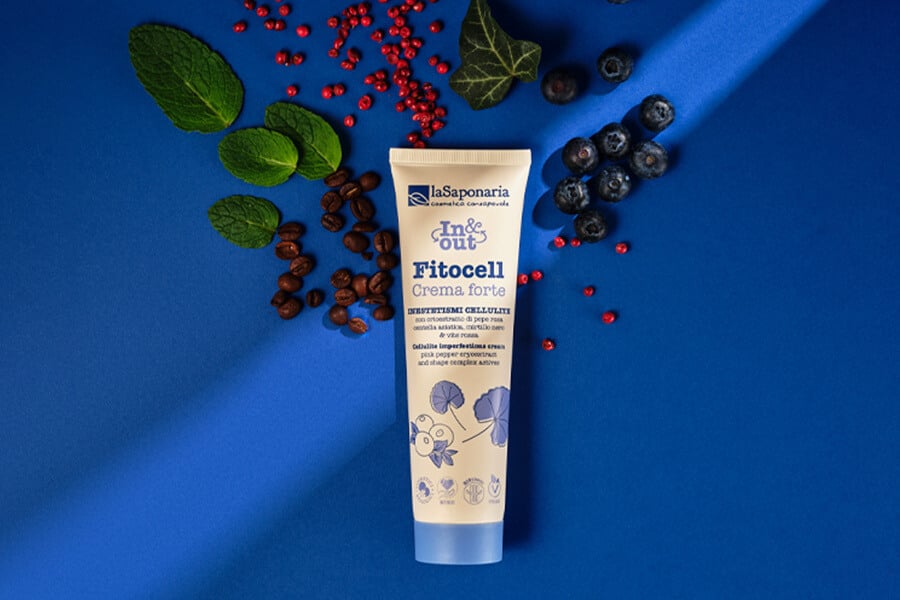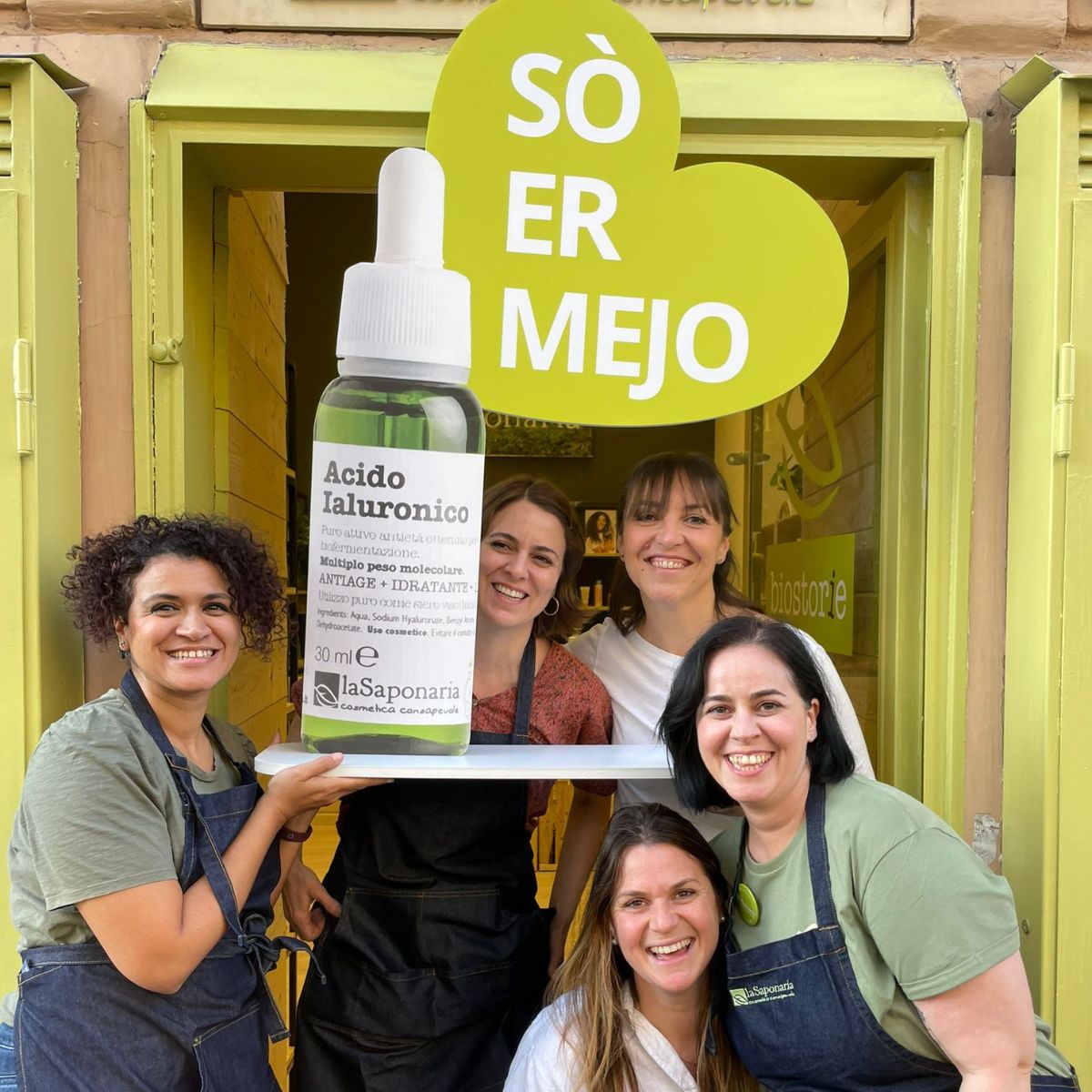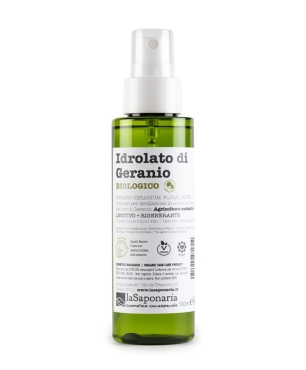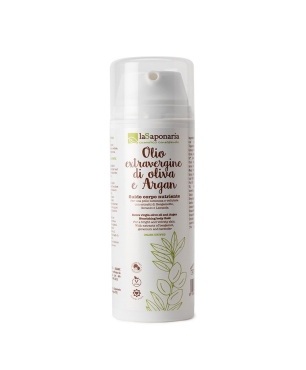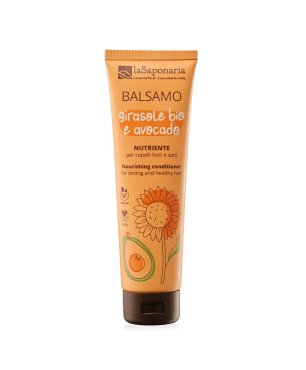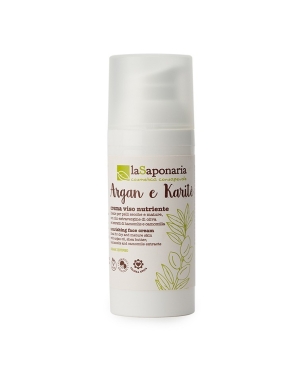- Call us! +390721 911004
- Write a message
- Whatsapp +39 377 3844777
- Become a reseller
- Test and E-book
- Location and contacts
-
MenuBack
-
Organic cosmetics
-
-
space
-
-
-
-
-
-
-
Discover your beauty routine
-
-
Skin care
-
Hair care
-
Body Care
- Best Seller
- Routines
-
DIY
-
-
space
-
-
-
-
-
-
PRODUCTION TOOLS
-
-
DOWNLOAD THE RECIPES
-
-
-
Organic library
-
-
BEAUTYBLOG
-
-
-
GLOSSARY
-
-
-
DO-IT-YOURSELF RECIPES
-
-
-
TEST AND E-BOOK
-
-
About us
-
-
space
-
-
-
-
-
PHILOSOPHY
-
-
-
NATURAL COSMETICS
-
-
-
FLAGSHIP STORES
-
-
-
Sustainability
-
-
space
-
-
-
BENEFIT COMPANY
-
-
-
ETHICAL CHAIN
-
-
-
SUSTAINABLE PACKAGING
-
-
-
SUSTAINABILITY IN THE COMPANY
-
-
-
Supported projects
-
NOTICES AND AWARDS
-
-
-
Business Area
-
-
space
-
-
-
OPEN A FLAG SHIP STORE
-
-
-
BECOME A RESELLER
-
-
-
PRIVATE LABEL
-
ACCOMMODATION FACILITIES
-
-
-
RESELLERS LOGIN
-
-
-
Resellers
-
-
RESELLERS RESOURCES
-
-
-
OPEN A FLAGSHIP STORE
-
ACCOMMODATION FACILITIES
-
PROMOTIONAL MATERIAL
-
-
-
RESELLERS NEWS
-
REGISTER YOUR SHOP
-
-
-
REFILL ROLL-ON BIODEOs
-
-
-
HAIR LINE
-
-
- Store locator
Geranium

INCI NAME:
Pelargonium Graveolens Oil, Pelargonium Graveolens Stem Leaf Oil, Pelargonium Graveolens Water, Pelargonium Graveolens Flower Oil
ORIGIN:
Vegetal
FUNCTION:
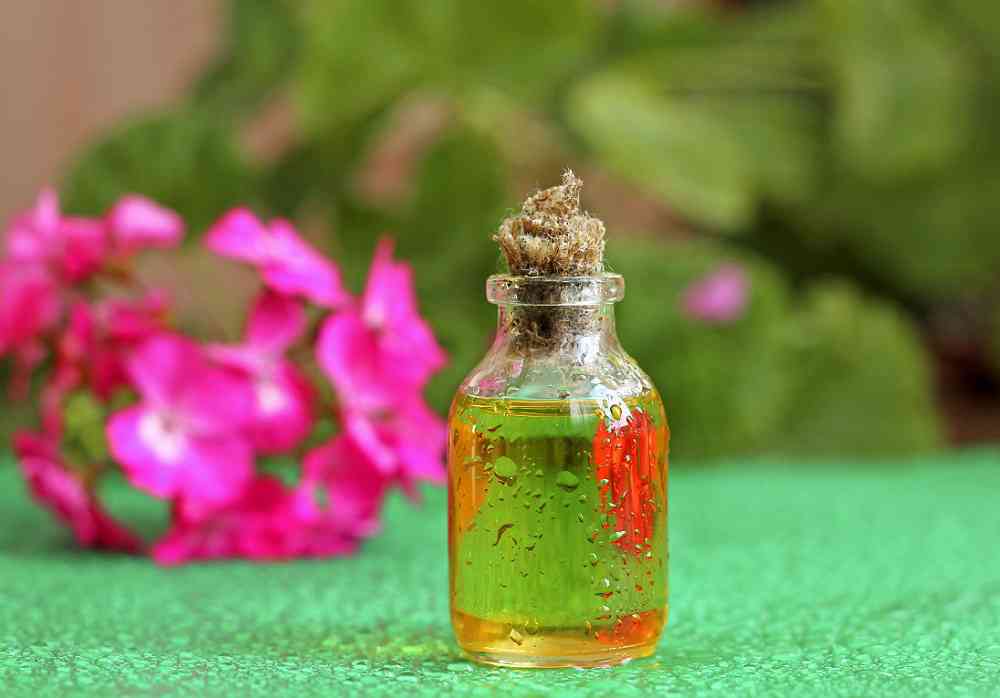
This is an automatic translation
Pelargonium graveolens is a herbaceous species of the Geraniaceae family, native to South Africa, Zimbabwe and Mozambique. It is more commonly known as geranium. It is a small perennial plant, woody with herbaceous branches up to the base, a maximum of half a meter tall, characterized by deeply incised leaves covered with glandular hairs. The flower is small and varies in color from mauve to white. The green fronds of P. graveolens are strongly odorous precisely because they are covered with glandular hairs which contain highly perfumed essential oils. For this reason the leaves are used in perfumery and in the production of mosquito repellents. Pelargonium graveolens is traditionally grown in southern Italy, where it is known as the hollyhock.
Geranium essential oil is known for its numerous properties, it has a healing, toning, anti-inflammatory action. In cosmetics it is mainly used for the creation of creams and lotions, thanks to its rebalancing properties for the face, as a tonic and astringent for pale skin and fair complexions. Geranium essential oil also has antifungal, haemostatic, anti-stretch mark, anti-wrinkle, insect repellent and hormonal regulating properties. It is indicated in massages to reactivate blood circulation, to combat, and in the treatment, prevention or normalization of disorders originating from a malfunction of the circulatory system, such as varicose veins, capillary fragility and couperose.
The geraniums from which our hydrolat derives are grown with great passion and attention on a farm in the province of Teramo. Lying on the road to the Gran Sasso d'Italia, the farm extends into the Vomano valley in Propezzano di Morro D'Oro, in the province of Teramo (Abruzzo). It has been a peasant family for several generations. In 1986 Filippo, the then twenty-four-year-old son, an industrial expert, researcher and enthusiast of plants and medicinal herbs in particular, gave his name to the small family business. At that time, the decision was made, then pioneering for the place, to convert to organic farming and to put medicinal plants into cultivation. The motivations had matured in those years on the basis of ecological ideas of principle that came from the great green cultural movement that developed between Abruzzo and the Marches in the early eighties of the twentieth century. Currently the company, spread over about six hectares, deals with the cultivation of medicinal plants in the field (on about ten thousand square meters of surface) and the subsequent initial processing. From the early 90s the idea of the "Educational Farm" was born and dissemination activities began to be carried out in schools, offering a service of guided tours or educational days on organic aromatic and medicinal herbs with the aim of making children discover the beauty of nature.

